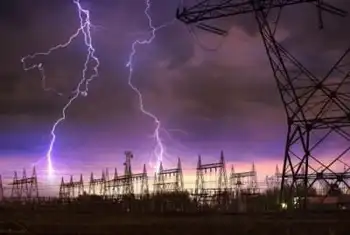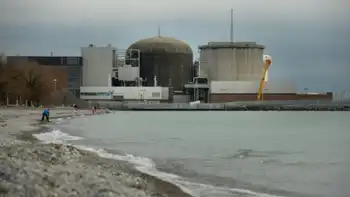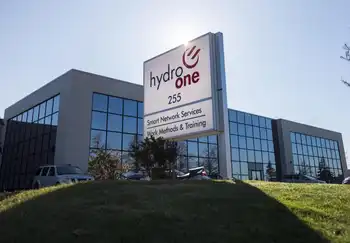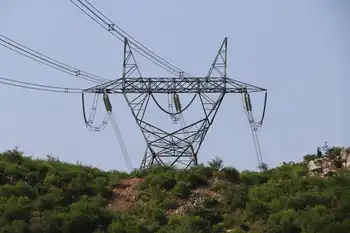Ottawa puts Candu on the selling block
By Toronto Star
NFPA 70b Training - Electrical Maintenance
Our customized live online or in‑person group training can be delivered to your staff at your location.

- Live Online
- 12 hours Instructor-led
- Group Training Available
Natural Resources Minister Lisa Raitt told reporters that Mississauga-based Atomic Energy faces stiff competition from much larger, better-funded rivals and is simply too small to take advantage of the "nuclear renaissance" taking place worldwide.
An internal ministry review concluded that Atomic Energy's commercial Candu reactor division "can be best served by a strategic alliance with one or more partners with global scale that can leverage the technology, skills and experience of AECL in Canada and internationally."
The review said a strategic alliance could take the form of a joint venture or merger with another nuclear reactor supplier or the sale of a minority or majority equity interest in Atomic Energy.
"We're going to review all the options that are put forward," said Raitt. "We can't speculate on what may or may not be on the table with respect to private equity."
Ottawa also plans to separate the Candu division from Atomic Energy's research division, which includes its troubled Chalk River laboratory and National Research Universal reactor that produces up to half of the world's medical isotope supply.
A heavy-water leak shut down the 52-year-old NRU reactor two weeks ago, and the company says it will be out of commission for at least three months. It's the Chalk River reactor's second major shutdown in two years.
AECL also scrapped two MAPLE reactors last year due to design flaws. The MAPLEs were meant to replace the NRU reactor. They were millions of dollars over budget and years behind schedule when the Tories pulled the plug.
The research division has been a drain on the commercial division, the review said.
"AECL has not been profitable for the last five years as a consolidated entity, a situation that persists despite the commercial revenue it has generated and the infusion of significant government funding."
Raitt said an expert panel will be created that will determine the future management structure at Chalk River, including the possibility of bringing in private-sector management.
The partial privatization of Atomic Energy's commercial division has been long anticipated, and many companies, including French rival Areva SA, Canadian engineering partner SNC Lavalin Inc., Ontario nuclear operator Bruce Power, and U.S. reactor supplier General Electric have expressed an interest in partnering with or owning a piece of the crown corporation.
Ottawa's decision to restructure Atomic Energy comes as Ontario weighs bids from reactor supplier for a newly planned nuclear plant at Darlington. Atomic Energy is competing against Areva and U.S.-based Westinghouse Electric for the business.
Energy and Infrastructure Minister George Smitherman was expected to announce a reactor supplier by June 21 but has hinted lately that the decision, originally expected last December, may be delayed for a second time.











